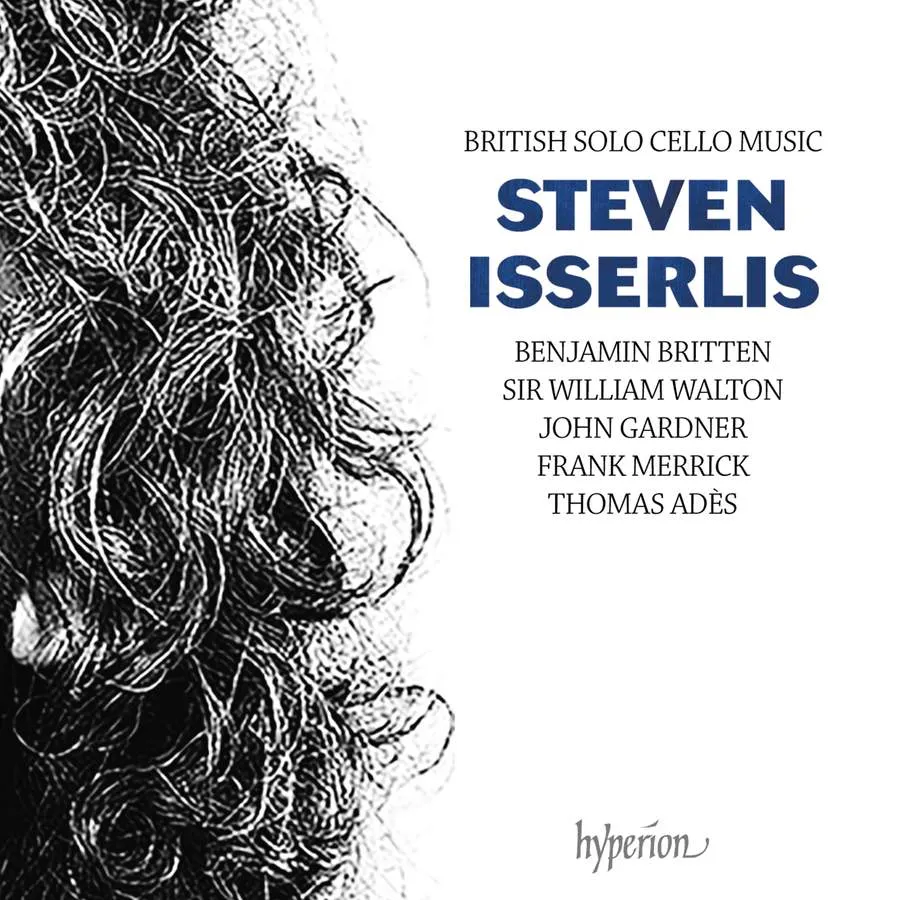
British Solo Cello Music Britten: Solo Cello Suite No. 3 – plus Russian themes on which it is based; Tema Sacher; Merrick: Suite in the 18th-century style; Walton: Passacaglia; Theme for a Prince; plus works by Adès and J Gardner Steven Isserlis (cello), Mishka Rushdie Momen (piano) Hyperion CDA68373 76:24 mins
Lockdown sent Steven Isserlis back to solo cello. One result was his book on Bach’s Six Suites (see review, p109), the other is this. Ever the scholar, he takes a deep dive into Britten’s Third Suite, which is framed by the composer’s final piece for Rostropovich, the explosive Tema Sacher, and the Russian songs and funeral hymn from which the suite derives. Britten himself wrote the Suite ‘backwards’ with the themes at the end, but Isserlis’s inclusion of the original songs is yet more revealing of the composer’s genius. We discover how ‘Under the apple tree’ is untethered from its original metre in ‘Canto: con moto’; how the charming, conventional ‘Autumn’ is amplified and refracted into a dark tour de force in ‘Fuga’, and how Grant Repose, heard here in resplendent multi-tracked cello, becomes a cry of unplacated anguish in Britten’s hands.
The performance itself digs deep. This is, as he says, a meditation on mortality. Isserlis makes it huge, and terrifying, fired by an incandescent spirituality. Please, can we have the first two suites now?
To complete the programme, Isserlis illuminates the conversation between 20th-century British composers and their Baroque predecessors: Walton’s sombre, elusive Passacaglia builds here to an electrifying climax; John Gardner conjures the lute in his delicate Partita; Frank Merrick’s (1886-1981) Suite in the 18th century style breathes the rather bombastic air of 19th-century ‘Baroque’ (Merrick was a pupil of Leschetizky) while Adès’s rebuke to Zoe Martlew when she cancelled a meeting is slyly hilarious.
Helen Wallace